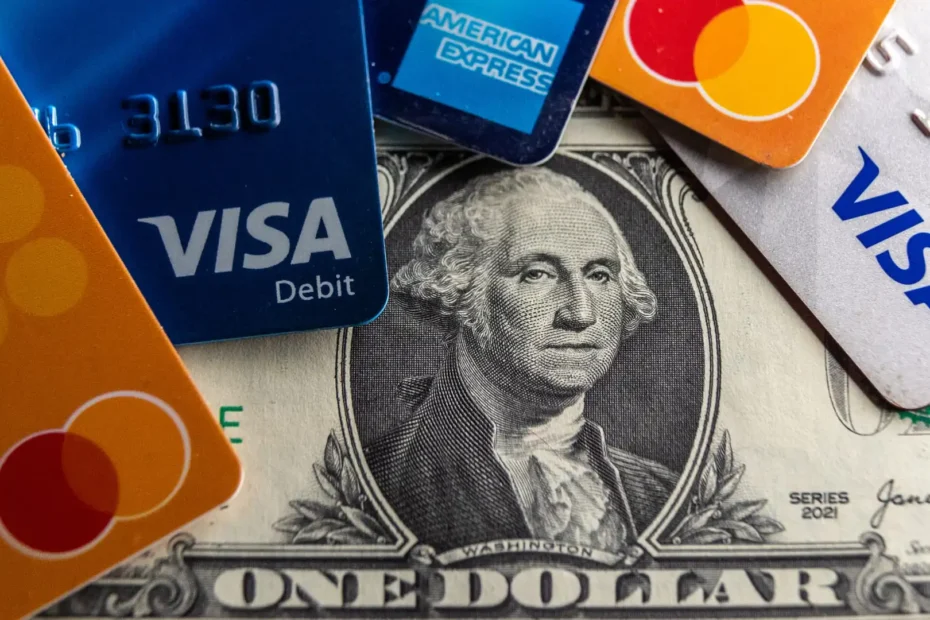Key Takeaways
- Stablecoins have a combined market cap of over $240 billion; USDT accounts for more than half that figure.
- The U.S. is gearing up to oversee stablecoins at both federal and state levels.
- MetaMask has just launched a physical debit card that supports stablecoins, e-money, and Wrapped Ethereum (WETH).
The concept of spending cryptocurrencies on everyday, regular purchases such as groceries and bills has resulted in the launch of several debit cards that let users spend crypto as easily as they would with regular money.
Nonetheless, certain issues like market fluctuations, charges, and limited acceptance of stablecoins persisted, hindering the widespread adoption of cryptocurrency debit cards.
-
Exchanges
Best Ethereum Exchanges -
Wallets
Ways to Purchase Cryptocurrency Using a Credit Card -
Casinos
Best Ethereum Casinos
Crypto Debit Cards
Recently, MetaMask, which serves as both a cryptocurrency wallet and a DeFi (decentralized finance) platform, has been making waves.
launched
It’s their very first crypto debit card created in collaboration with Mastercard. With this card, users can make direct transactions using their digital assets right from their self-managed wallets.
Interestingly, this is the first cryptocurrency card to prioritize stablecoins like Tether (USDT) and USD Coin (USDC), along with e-money tokens such as Monerium’s GBPe and EURe, for transactions.
At present, it only backs a single volatile cryptocurrency, which is Wrapped Ethereum (WETH). Additionally, the card comes equipped with integration for both Apple Pay and Google Pay.
The cost structure is reasonable. For USDC and USDT transactions, you can expect a varying yet standard fee of $0.02. When dealing with WETH, there’s also an extra 0.875% swap fee added to a comparable charge.
This marks the fifth crypto debit card debuting in 2025, coming after those from Zebec, OKX, KAST, and Limited Card. Similar to others, this new offering focuses primarily on stablecoin transactions along with minimal charges.
Currently, as stablecoin regulations are becoming
pushed through the halls
Of the U.S. government, it’s only a matter of time before stablecoins spread outside the limits of crypto cards and conversion fees.
Stable Adoption
The first crypto debit cards were introduced over ten years ago, back in 2014, by Xapo.
Bitcoin
The debit card was the world’s first Bitcoin card. That same year, BitPay introduced their prepaid Bitcoin/US Dollar Visa card as well.
In 2015,
Coinbase
Wirex introduced their debit cards, and later broadened their range beyond Bitcoin (BTC) to incorporate alternative cryptocurrencies like Ethereum (ETH). They were among the pioneering providers offering multi-cryptocurrency debit card services globally.
Given the variety of these cards, their support and benefits differed based on location. Additionally, the associated fees were frequently so steep as to make daily use unjustifiable.
Whenever users make purchases using their cryptocurrency debit cards, the crypto assets must first be converted into traditional currency before being sent through. This conversion process incurs either a spread fee of up to 1% or a fixed transaction fee of up to 2.49%.
Although certain platforms provided substantial cryptocurrency cashback incentives, the process wasn’t entirely seamless. This changed once stablecoins started gaining popularity.
When many of these initial cards hit the market, the major contenders in the stablecoin space had only just begun their journeys. Tether (USDT) debuted in 2014, whereas Circle’sUSD Coin (USDC) didn’t appear until 2018.
This follows as the U.S. prepares to implement regulations.
dollar-denominated
Stablecoins at both federal and state levels should be established. This will help maintain the supremacy of the U.S. dollar within the digital asset market and create seamless entry and exit points for stablecoins involving consumers, merchants, and banking institutions.
-
Crypto
Donald Trump’s Initial 100 Days as President: Transforming the White House into a Worldwide Cryptocurrency Command Center -
Crypto
Bitcoin (BTC) Price Surpasses $100,000 — Aiming for Record High -
Crypto
Animoca’s David Ching Discusses Support for Catizen and the Development of Web3 Gaming’s Future: ‘An Ideal Addition to Our Portfolio’
